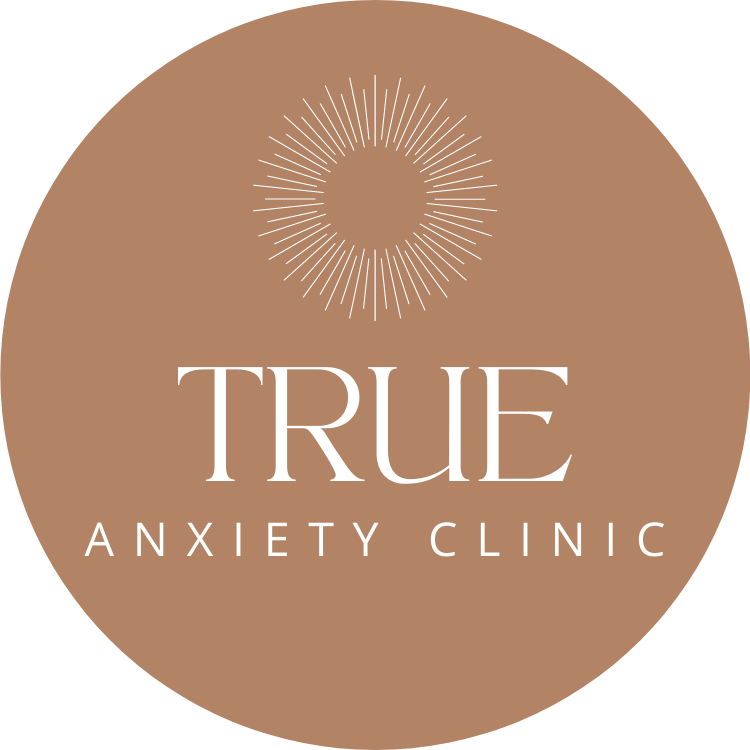Types of Therapy Offered
Cognitive Behaviour Therapy (CBT)
In CBT, you learn to identify and change unhelpful or negative thoughts, and replace them with more helpful and realistic ones. It also helps with habits or behaviours that could be keeping you stuck, and uses effective strategies help you to take steps towards your goals. CBT is usually short-term and is a practical and action-oriented approach.
EMDR
EMDR is a therapy that helps people who have experienced distressing or traumatic events. It's a brain-based therapy that utilises the minds own mental healing process.
Here's how it works:
Traumatic Memory Processing: EMDR helps process memories that are stuck and causing emotional distress (e.g., flashbacks, nightmares, stored anxiety or nervousness in the body).
Bilateral Stimulation: During EMDR, you might be asked to move your eyes back and forth or have your knees tapped on alternately. This is called bilateral stimulation and helps to stimulate both hemispheres of your brain to help the brain’s natural healing process. It aims to replicate what happens in REM sleep, the time during sleep your brain is processing memories.
Changing How You Feel: As you do these movements, your psychologist helps you to focus on the distressing memory in a safe and gradual way. During the process you will notice different aspects of the memory emerge (e.g., emotions, thoughts, images) and the memory will begin to resolve and become more distant.
Reprocessing Trauma: Over time, with the help of EMDR, the traumatic memory becomes less distressing, and you can move forward in your life with less emotional burden.
EMDR is a therapy that helps you process and heal from traumatic experiences so that they don't affect you as much. It's often used to treat conditions like post-traumatic stress disorder (PTSD) but can be helpful for other types of emotional distress too.
Katie has advanced training in EMDR including single event trauma, complex or long term trauma, and those who experience all levels of dissociation.
Exposure and Response Prevention (ERP)
Inference-Based Cognitive Behaviour Therapy (I-CBT)
Schema Therapy
ERP is a specialised treatment for obsessive-compulsive disorder (OCD).
The ‘exposure’ element involves deliberately facing things or situations that trigger your OCD fears and obsessions. It is like facing your fears in a controlled and safe way.
The ‘response prevention’ element means you intentionally reduce or stop your usual actions and behaviours you do to cope with your anxiety. These are called compulsions.
ERP helps your brain learn that the things you are afraid of aren’t as bad or dangerous as OCD makes them appear. Over time your anxiety reduces and so does your need to do time-consuming compulsions.
Katie has been utilising ERP since 2014 and was a therapist on a research trial examining ERP for those with extreme OCD (8 hours or more of compulsions per day).
I-CBT is a newer development in the treatment of OCD which does not involve having to directly confront your fears. It works more with how your brain interprets triggers and doubts, and helps you to pull yourself out of the anxiety and uncertainty.
In this type of therapy, we look at how your OCD doubts take you from your normal reasoning processes, to an obsessional process that uses inferences to convince you that you are in danger. Once you understand the way OCD works and operates, you are less likely to be pulled into its world. I-CBT helps you to use thought-based strategies to overcome doubt and manage your intrusive thoughts in a more logical manner.
Schema therapy is a longer term therapy that helps people understand and change deep-seated patterns of thinking, feeling, and behaving - their ‘schemas’. A schema is a blueprint for how you view yourself, others, and the world, and are formed in childhood based on early experiences. Examples including patterns of being self-sacrificial, worries about abandonment or mistreatment, and deep feelings of defectiveness. Schema therapy helps to explore where your schemas and beliefs came from, and how to learn new ways of thinking and responding. The goal of schema therapy is to heal emotional wounds and replace unhelpful life patterns with more healthy ones. It can be combined with EMDR to assist in healing events from the past that lead to negative beliefs about yourself.

Therapy Delivery Options
In the Bulimba office consulting room.
We offer tele-health so you can access psychological counselling no matter where you are located within Australia.
*Please note if you would like to use tele-health when making your initial appointment. We use the Zoom platform.
For those suffering with PTSD, OCD, or other complex health conditions, we can offer double or triple-length sessions to achieve your treatment goals faster. Please discuss whether you would benefit from this with your psychologist. Due to medicare legislation, only one rebate is able to be used on longer appointments. NDIS clients with funding for psychology will be able to claim the majority of the cost for longer appointments often with only a small gap fee.
Let’s Talk
Get in touch to make an appointment.





